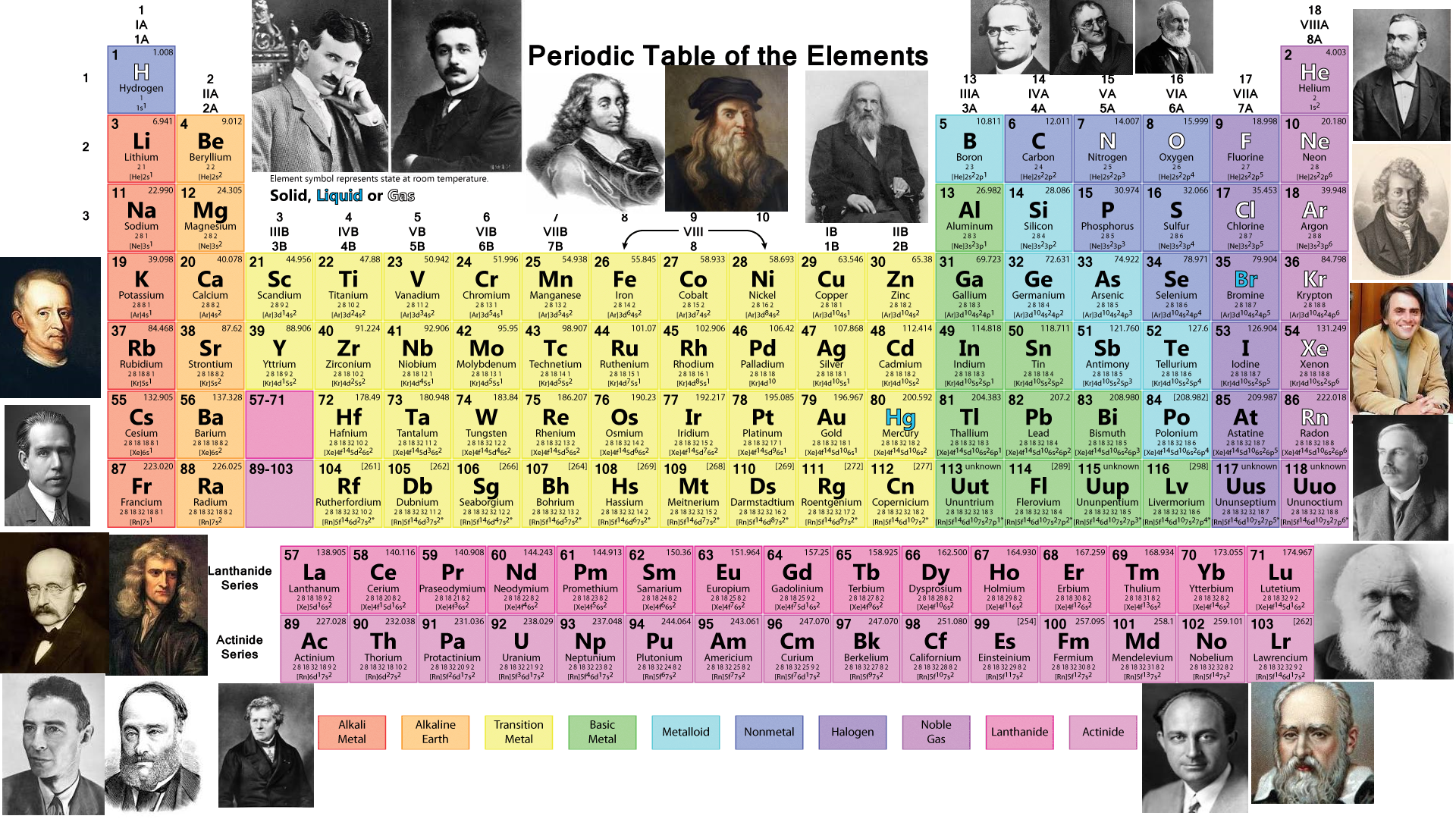

Acreator
Members
-
Joined
-
Last visited
Acreator has no recent activity to show


We have placed cookies on your device to help make this website better. You can adjust your cookie settings, otherwise we'll assume you're okay to continue.